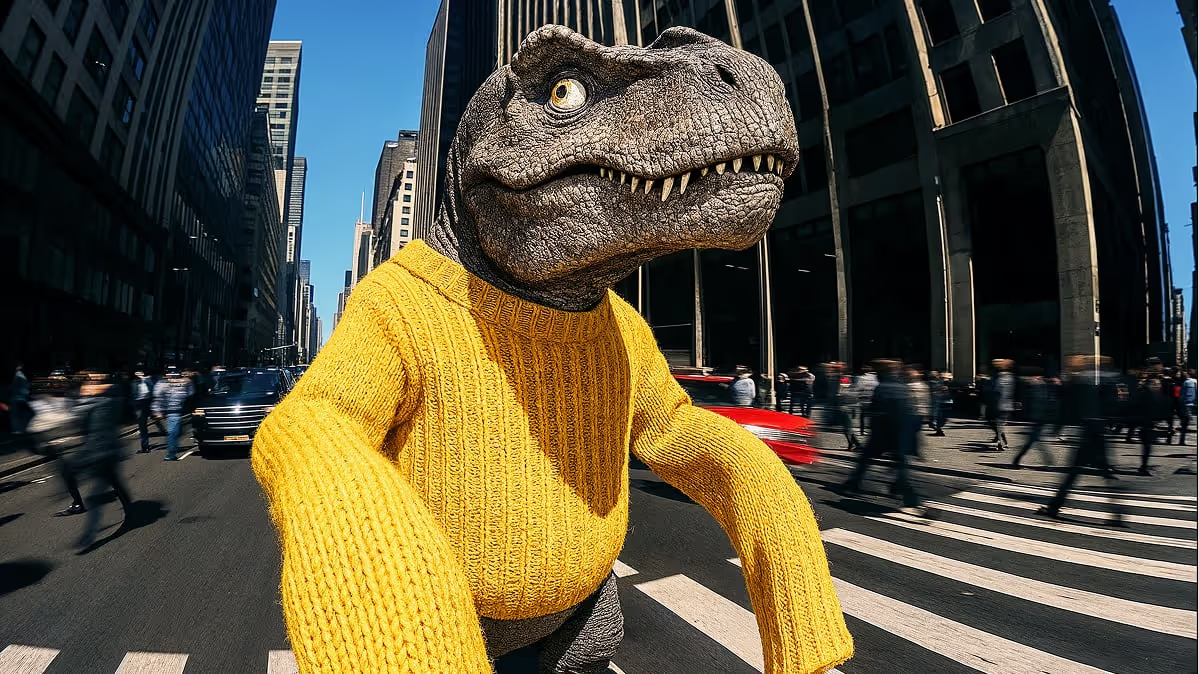
Will Post for Food



You may chase some version of sustained virality all you want, but the attention span of the average scroller is shorter than a frozen goldfish's — and the Internet, for all its glory, gives content creators massive emotional whiplash.
One moment, you're a nobody and the next, your face can be plastered across every screen, your catchphrase echoing across the halls of everywhere from Reddit to LinkedIn… it's also true that — poof — it can and often will leave you just as fast as it arrived.
And you're left to think: Welp. What the hell now?

A study by Influencer Marketing Hub revealed this harsh reality: over 2 out of every 3 creators who go viral see their engagement plummet within just six months.
And that’s if your platform doesn’t change on you.
Which, it probably will.
I'd take it if it happened, sure.
0%
I don't really ever think about it.
0%
I couldn't care less.
0%
I'm actively avoiding it like the plague.
0%
A Case Study in “Dying On The—”
*Puts on spectacles*
*Pops in a Werther’s Original*

When Vine was cut off at the root (pun!), many of its top creators struggled to transition to other platforms, their influence shrinking as quickly as it had grown.
"It was like watching a mass exodus," explains James Lorenz, a former Vine star who has since dropped out of the influencer game altogether. "We all scrambled to find a new home for our content, but the audience didn't always follow. For me, it was a harsh reality check about the fickleness of online fame."

The Emotional Toll of Quick Fame
Psychologists have already started examining the emotional toll this takes on creators. The constant, never-ending pressure to maintain high levels of engagement can lead to burnout, anxiety, and even a sense of lost identity once the hype dies down.
"Virality is a double-edged sword," says Dr. Shanna Reeves, a psychologist who specializes in mental health for content creators. "It can bring a huge rush of validation, but it also comes with immense pressure to maintain that success. When the engagement drops off, creators are left feeling lost. They question their worth."
Even without virality bumming you out, the job itself ain’t easy:
A 2023 report by Later found that 43% of content creators experience burnout on a monthly or quarterly basis, while an additional 29% struggle with it daily or weekly.
For creators who hope to prioritize mental health, the key to surviving beyond being a flash-in-the-pan lies in understanding the nature of online fame and preparing for what comes next — because the spotlight doesn't stay on anyone forever, no matter how talented or worthy of mass adoration you may be.
A Two-Headed Dragon: the Platforms and the People
So why is the public so damn fickle, and why is fame so short-lived? The answer is twofold: platforms and people.
Platforms and Their Damn Algorithms
As you may know: Platforms have a complicated relationship with content creators.
On one hand, they need creators to produce engaging content that keeps users scrolling. On the other hand, they're constantly tweaking their algorithms to keep content fresh and users engaged, which can lead to sudden shifts in visibility for creators.
There's a misalignment there.
CEO of Patreon, Jack Conte, had a fantastic speech about this phenomenon at SXSW this year. Highly recommend watching it here.
People and Their Damn Shrinking Attention Spans



As for people, content consumption habits have changed dramatically, even over the last couple years.
In a world of infinite scrolling, users are constantly looking for the next dopamine hit. Yesterday's viral sensation quickly becomes old news.
According to Northeastern University professor Art Kramer, the average attention span has dropped from 2.5 minutes to 45 seconds.
With these challenges, it’s a good thing that the money is great, right?
The Money Isn’t Exactly Great
According to a 2023 report by the Washington Post, only 12% of all content creators or influencers make $50,000 or more from their content creation, while the rest rely on side hustles and day jobs.



For those who do manage to make it as full-time creators, the pressure to maintain that income can be all-consuming.
"It's a constant hustle," one fashion and beauty influencer told us. "You're always chasing the next brand deal, the next viral video, the next thing that will keep you relevant and profitable."
Maybe Part-Time Is Better
Part-time influencers who treat their content creation as a side hustle often have a bit more breathing room. By maintaining a separate source of income, they're less beholden to the ups and downs of the influencer market.
"Having a day job gives me the freedom to be more selective about the brand partnerships I take on," says Marcus, a tech influencer who works full-time as a software engineer. "I'm not desperately chasing every business that pops up in my DMs, because my livelihood doesn't depend on it."
Pivot! Pivot!
As the social media monster continues to evolve and the competition for audience attention intensifies to ridiculous levels, more and more creators are leveraging their skills and experiences to pivot into new professional paths.

A 2023 report found that an impressive 30% of creators transitioned into related fields such as marketing, consulting, or entrepreneurship within five years of starting their social media careers.



Hedging Your Bets/Future-Proofing
For creators looking to "future-proof" their careers, experts say being proactive in skill-building and brand development is the key.
Diversifying one's content across multiple platforms, making business-y connections, cultivating a strong personal brand beyond the platforms, and investing in transferable skills like public speaking, writing, or digital marketing can all help position influencers for long-term success.
Does that mean you need a LinkedIn account, too?
Ugh.
Probably.
"The key is to always be thinking about what comes next," advises T.S., a social media strategist. "Influencing can be a great launching pad, but it's rarely the final destination. The most successful creators are those who are constantly evolving, learning, and finding new ways to leverage their talents."
Life After Virality: Leveraging Your Creator Skills
While the allure of continued Internet fame might be strong, it's crucial for creators to think beyond those viral moments.
The skills developed as a content creator can be incredibly valuable in various professions. Here are some potential career paths and employable skills to consider:
Jobs to Consider After a Viral Moment:

- Social Media Manager: Your experience making engaging content and understanding platform algorithms is invaluable to brands. (Seriously, we know it, first-hand.)
- Digital Marketing Specialist: Your knack for capturing attention translates well into creating effective marketing campaigns.
- Brand Consultant: Your insights into audience engagement can help businesses shape their brand identity.
- Content Strategist: Your ability to create compelling stories can be applied to developing content strategies for companies.
- Public Relations Specialist: Your experience managing your public image can be SUPER useful in shaping companies' public personas.
- Community Manager: Any skills you’ve got in engaging with followers can be applied to managing online communities for brands.
- Talent Manager: Your insider knowledge of the creator economy can help you guide aspiring influencers.
Remember, your time as a creator has equipped you with a unique set of skills... skills that you will use to track down your daughter's kidnappers.
Or, crush the content game.
Whether you decide to keep going in the creator economy or pivot to a more traditional role (lame), the experiences and skills you've gained can set you apart in your future endeavors.
So yeah, your viral moment may be fleeting, but the skills and experiences you've gained along the way can put you in a far better position than you may have realized.
So don't panic.
Or panic, what am I a cop?
Just keep your chin up. It'll all work out in the end.
Read on:
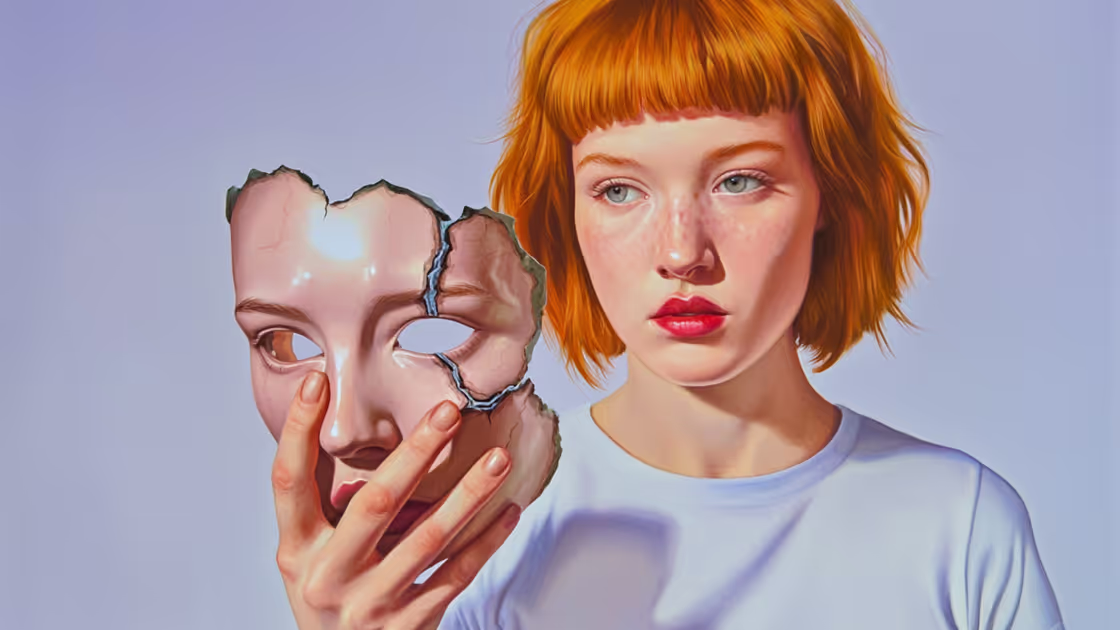

All
Artificial Exploitation
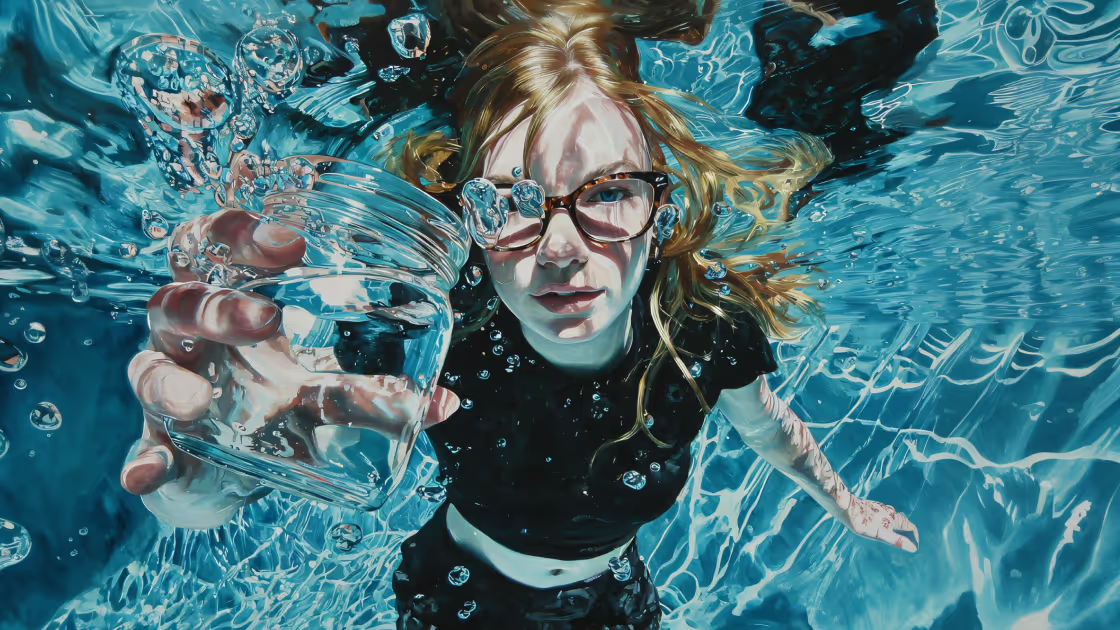

All
She Sold her Bathwater, but You Drank it
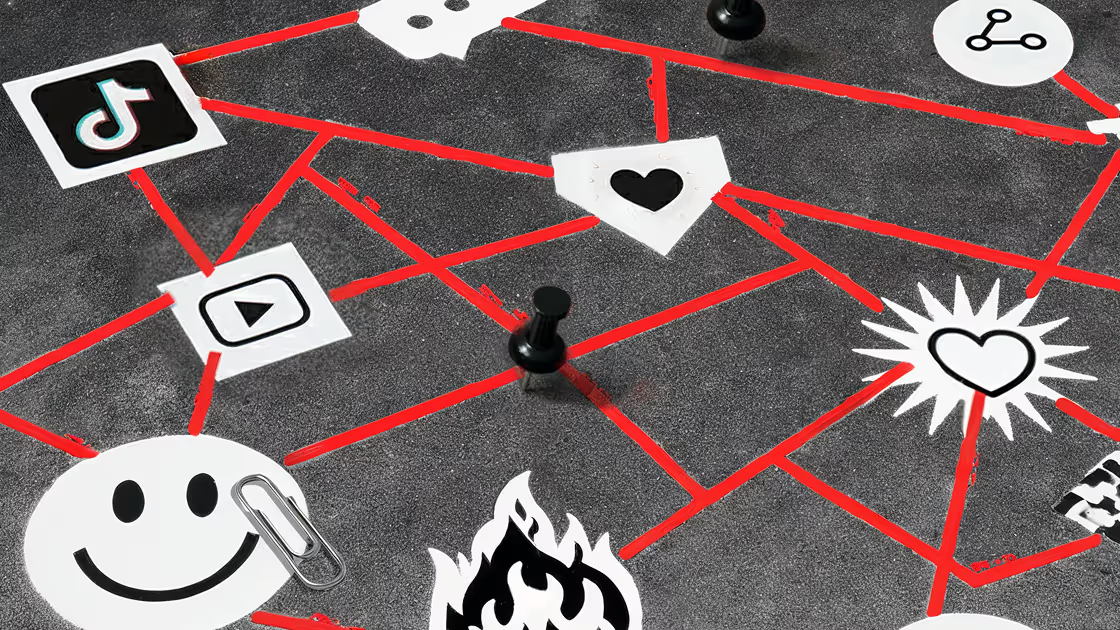

All
CRIMINAL INVESTIGATION REPORT: THE GLEEFUL DEATH OF TRADITIONAL MARKETING
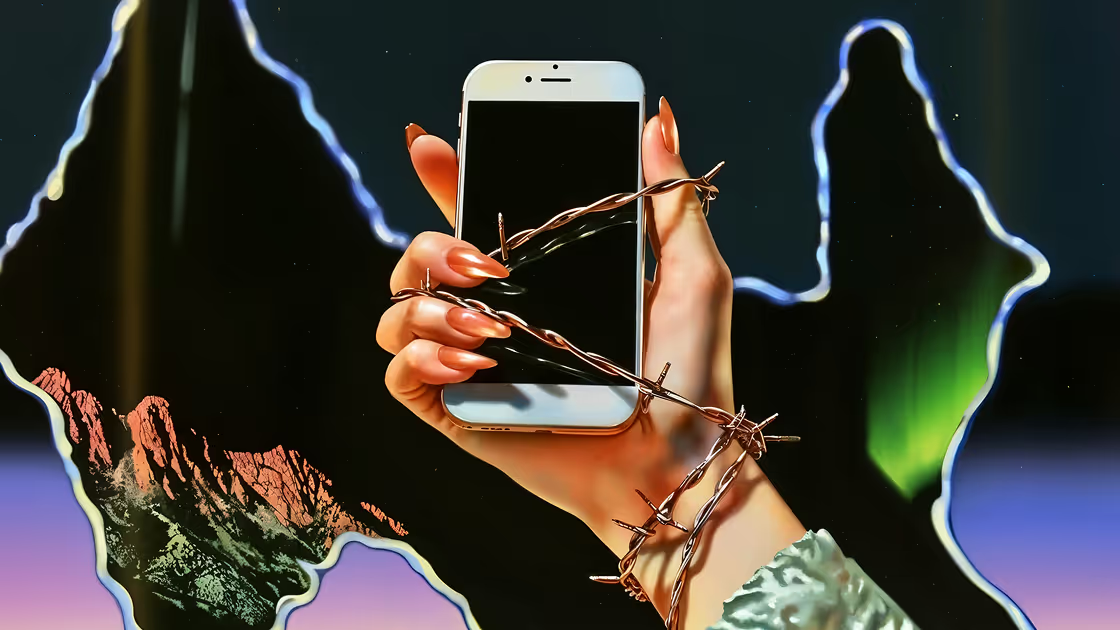

All
Hot Takes, Typos, and Total Chaos: The Secret Tactics Driving Online Engagement
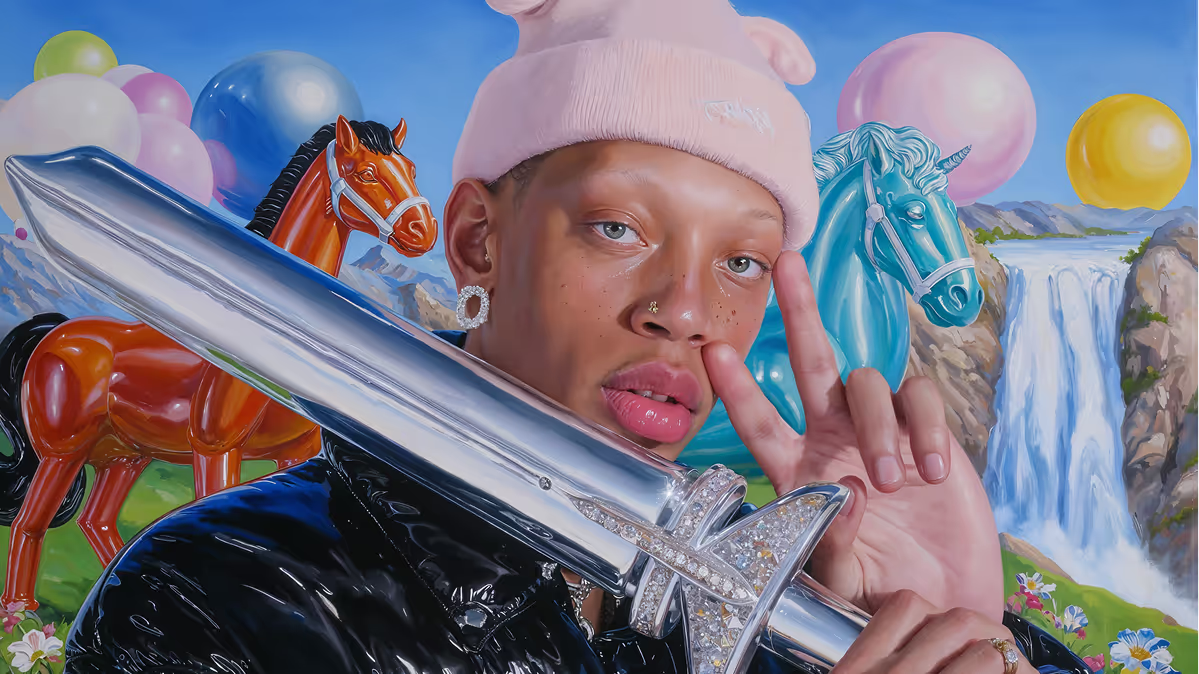

All
THE DEATH MARCH OF HYPERCOLOR BALLOON SWORDS
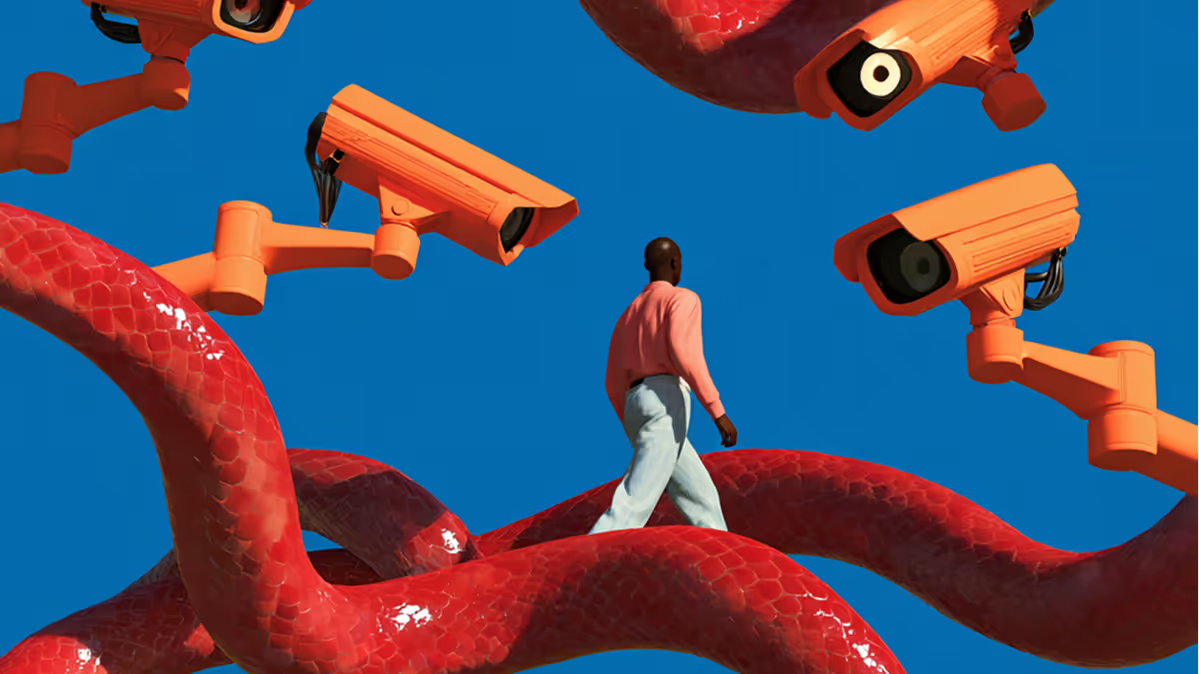

All
“They’re Watching Me”: Gang Stalking, Internet Delusions, & the Modern Mindf*ck
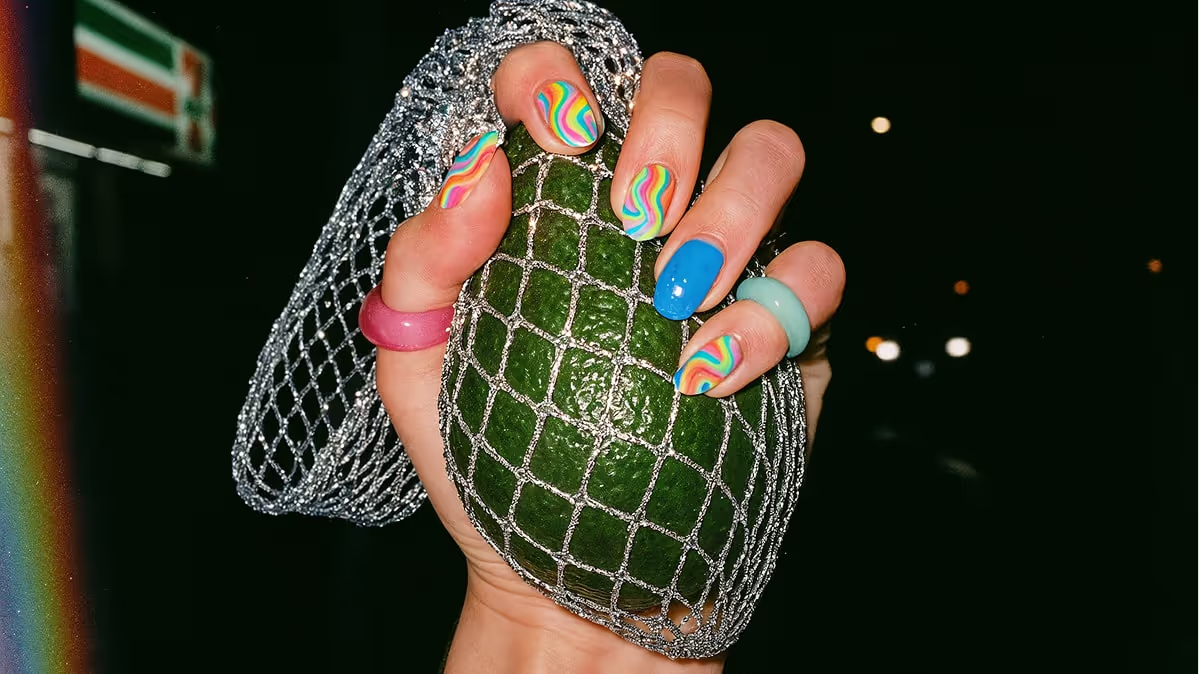

All
The Unripest Avocado: Nicholas Perry and the Dangers of Audience Capture
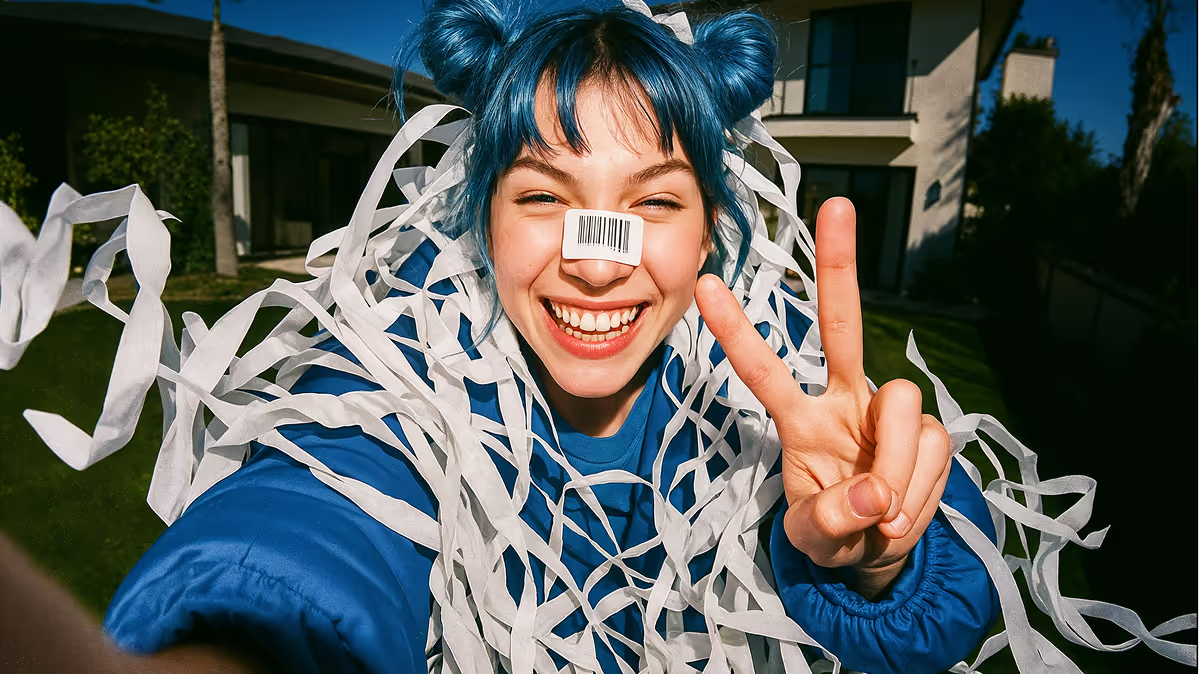

All
Branded Since Birth


All
How to not be a shitty affiliate seller, a talk with So_Narly


All
Parasocial Profit: The Unethical Underbelly of Affiliate Marketing


All
Stitch Incoming: Annie Stafford, Niche, and the Future of Fashion


All
Step right up!


All
Cooking Up a Social Media Empire


All
Right & Wrong Reasons to Expand


All
Have Influencers Peaked?


All
What’s Your Creator Fortune?


All
Mercy Kill Your Online Persona


All
Still Posting Post-Death


All
Cardboard Pizza: The Deadly Art of Losing Your Social Media Credibility


All
From Mr. Beast to Mr. Least?


All
Robots & Red Lace


All
Parental Discretion (Still) Advised


All
It’s 2024 and — Wait, Email Doesn’t Suck?


All
What’s a like on Instagram ‘worth’ in 2024?


All
A crash course in "crash course"


All
Speed sells: Why it’s important to respond lickety-split
© 2026 Manychat, Inc.
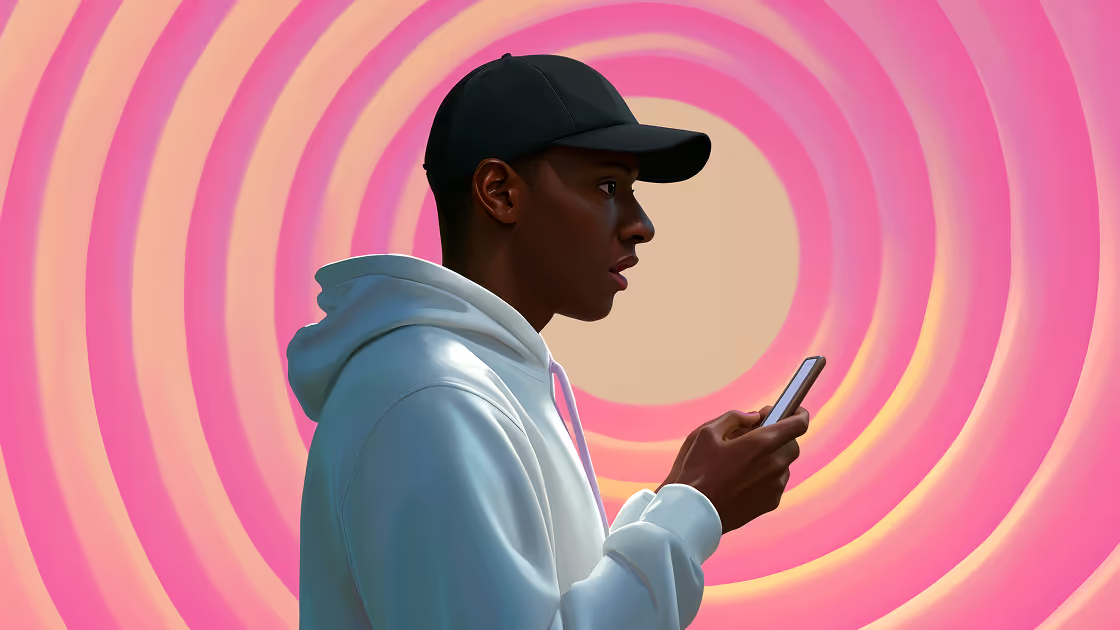


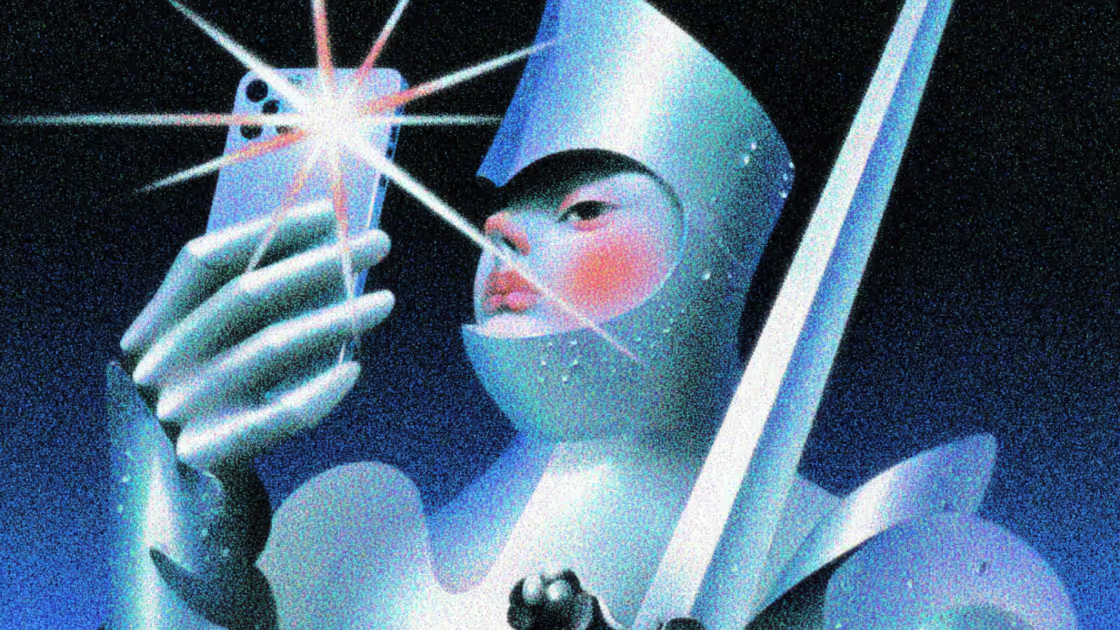
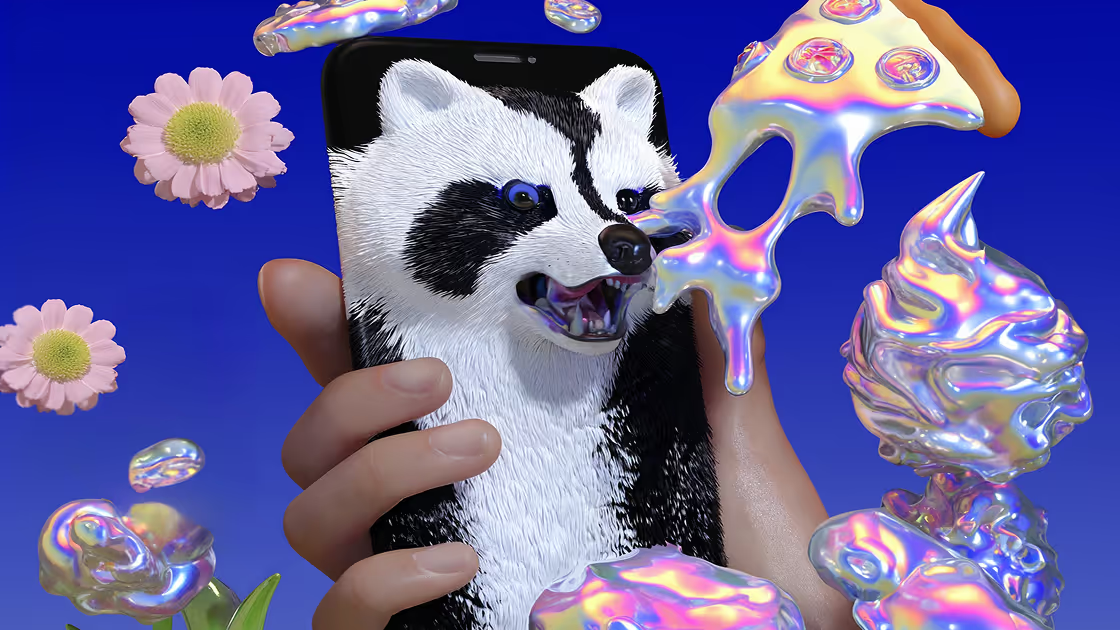
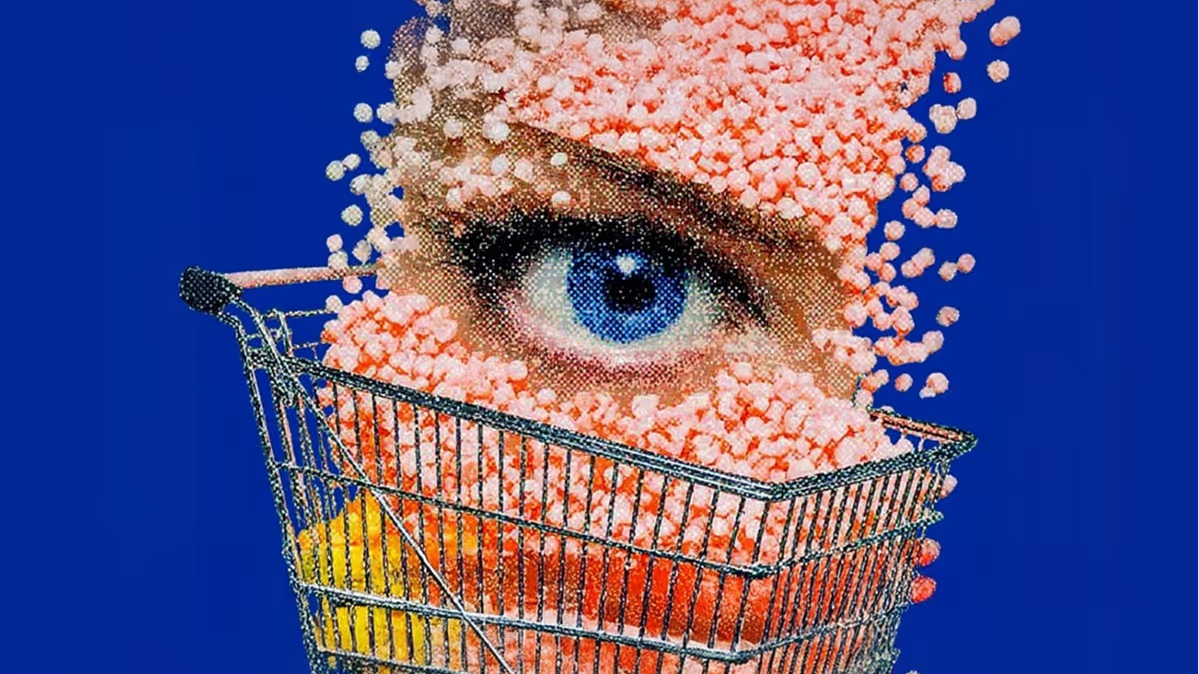
.avif)
